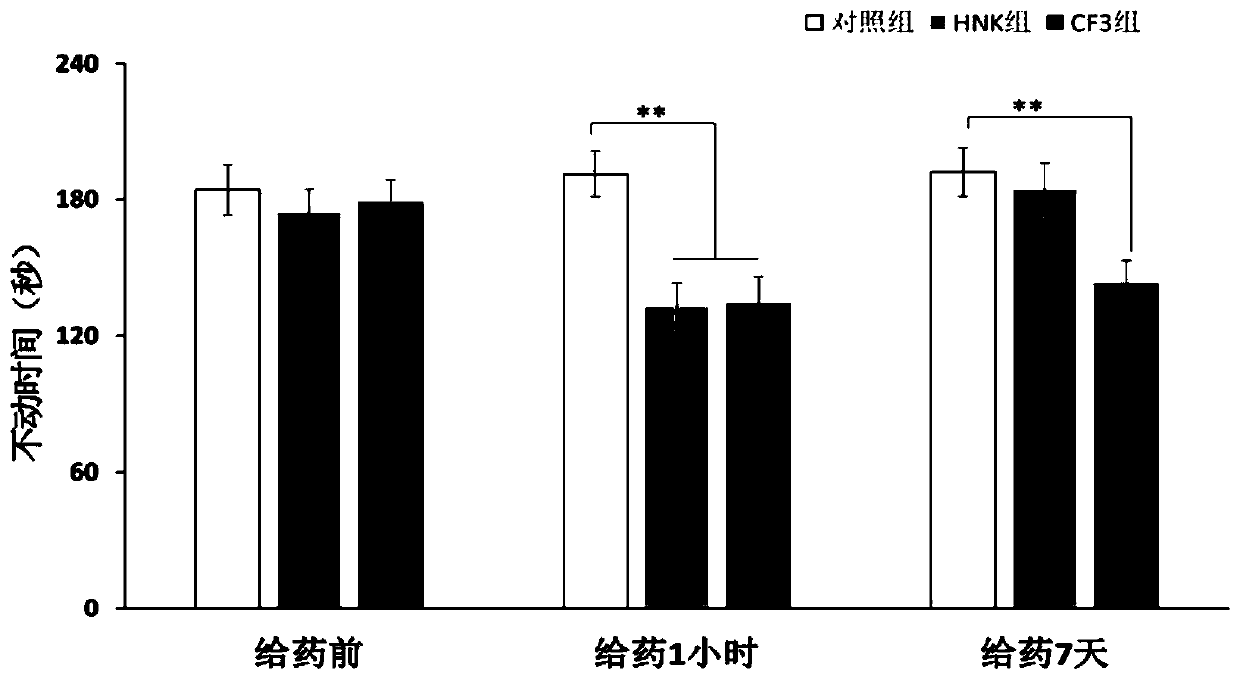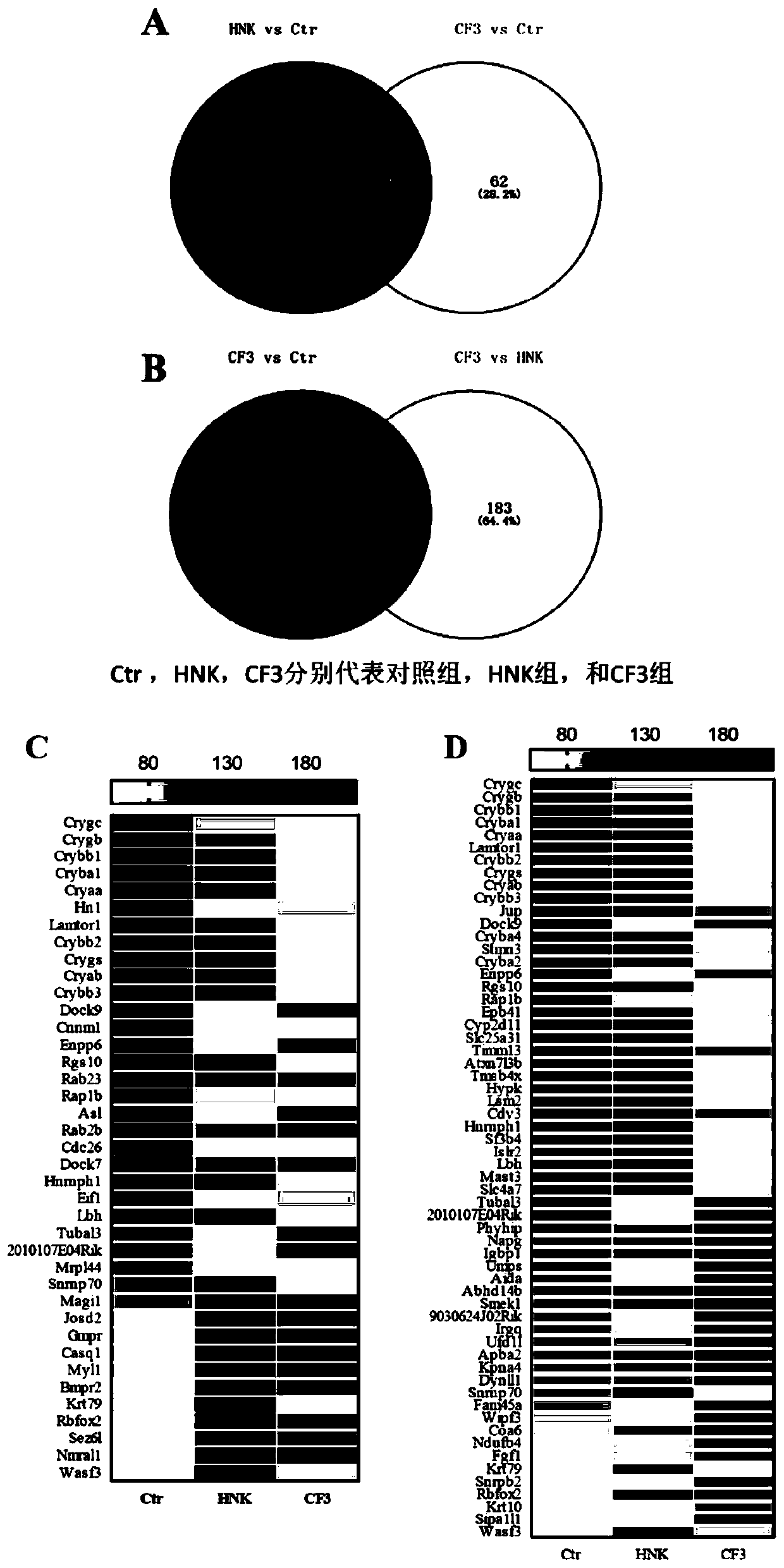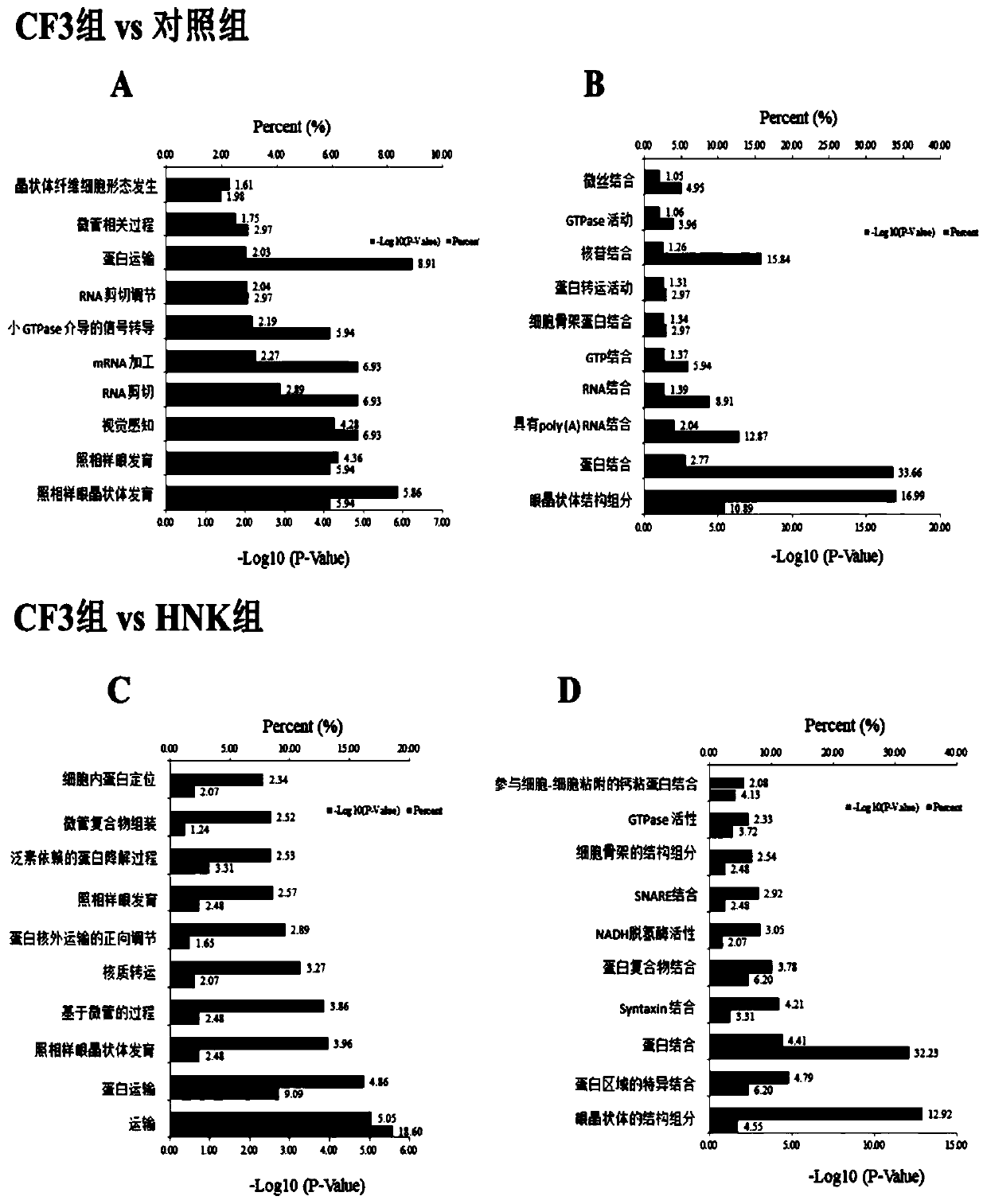Application of long-acting compound in preparation of medicines
A compound and compound structural formula technology, applied to the application field in the preparation of medicines, can solve problems such as limiting the long-term effect of depression, and achieve the effect of long drug effect time
- Summary
- Abstract
- Description
- Claims
- Application Information
AI Technical Summary
Problems solved by technology
Method used
Image
Examples
Embodiment 1
[0096] Embodiment 1: compound preparation method
[0097]
[0098] Step 1: Starting from o-trifluoromethylbenzonitrile, according to the classic ketamine drug synthesis method Calvin Stevens method (preparation route as shown above) to obtain compound D 1 ;
[0099] Step 2: compound D 1 (2.57g, 10mmol) was added into 60ml THF, triethylamine (2.7mL, 20mmol) and Boc 2 O (3.32g, 15mmol), reflux 6h, cooling, spin dry, cross silica gel column to obtain compound E 1 3.25 g, 91% yield. 1 H NMR (300MHz, CDCl 3 ): δ7.80(d, J=8.1Hz, 1H), 7.66(d, J=7.8Hz, 1H), 7.49(t, J=7.5Hz, 1H), 7.22(t, J=7.5Hz, 1H ),5.76(s, 1H),4.30(s,1H),3.46-3.42(m,1H),2.45–2.36(m,1H),2.35-2.22(m,1H),1.76– 1.60(m,6H ),1.21(s,9H). 13 C NMR (75MHz, CDCl 3 ): δ208.9, 151.7, 149.0, 148.6, 136.1, 133.8, 132.6, 130.5, 129.0, 128.1, 128.0, 127.9, 127.8, 121.8, 121.7, 88.9, 80.8, 73.7, 40.0, 29.4, 28.2, 3
[0100] Step 3: Compound E 1 (2.14g, 6mmol) was added to dry 50ml THF, under argon protection, cooled to ...
Embodiment 2
[0103] Embodiment 2: activity test method:
[0104] 1. Forced swimming experiment
[0105] Transfer mice to the laboratory 1 h before the forced swim test (FST). Tests were performed under normal lighting conditions and monitored by a digital video camera. During the test, the mice were individually placed in transparent glass cylinders (28.5 cm high, 14 cm in diameter) containing 20 cm of water (23±1°C). On the first day, mice were trained for 6 min before being removed from the cylinder. On the second day, the mice were administered solvent (physiological saline) control group, HNK, CF3, and then tested their immobility time after 1 hour and 7 days, wherein the immobility time refers to passive floating without other actions. During the last 4 min of the entire 6-min swim test, immobility time was recorded by the Nodus system's EthoVision XT (Noldus, Netherlands) (Castagné et al., 2011, Hajmirzaian et al., 2014, Porsolt et al., 1977). After every two to three trials, the...
Embodiment 3
[0118] Embodiment 3: experimental result
[0119] 1. Depression-like behavior test results in mice:
[0120] Such as figure 1 Shown:
[0121] Depression-like behaviors were measured by the forced swim test. Mice received 10 mg of HNK, CF3 by intragastric administration, and immobility time was measured after 1 hour and 7 days. Percentage of immobility time is expressed as mean ± SEM *p<0.05, **p<0.0 compared to preactivity. N=8 per group Saline: saline mice; HNK: 2R,6R-hydroxynorchloramine-treated mice; CF3, CF3-treated mice.
[0122] 2. Differential protein analysis:
[0123] Such as figure 2 Shown:
[0124]A, with 0.833>Abundance Ratio>1.2 as the critical point, a Ratio value higher than 1.2 is defined as an up-regulated protein, and a Ratio value lower than 0.833 is defined as a down-regulated protein. Compared with the control group, there were 101 differentially expressed proteins in the CF3 treatment group, of which 39 differentially expressed proteins were co-...
PUM
 Login to View More
Login to View More Abstract
Description
Claims
Application Information
 Login to View More
Login to View More - R&D
- Intellectual Property
- Life Sciences
- Materials
- Tech Scout
- Unparalleled Data Quality
- Higher Quality Content
- 60% Fewer Hallucinations
Browse by: Latest US Patents, China's latest patents, Technical Efficacy Thesaurus, Application Domain, Technology Topic, Popular Technical Reports.
© 2025 PatSnap. All rights reserved.Legal|Privacy policy|Modern Slavery Act Transparency Statement|Sitemap|About US| Contact US: help@patsnap.com



